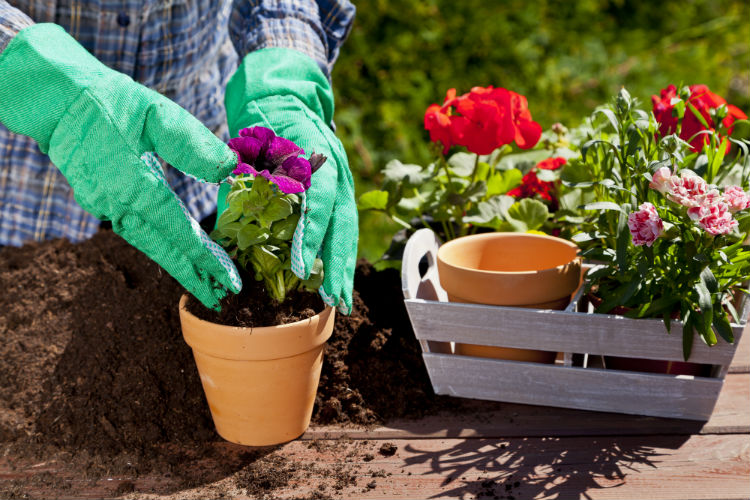One of the most difficult things for Mum (and for me) is finding things Mum really likes doing. Things that she’s still able to do.
When your problem is loss of short term memory, you still like the same things you used to. You may still have many of the skills you used to have, and you still have the need to be involved in activities that are useful and satisfying.
In her prime, Mum was a legendary gardener. In their retirement, she and Dad created and maintained over an acre of flowers, vegetables and fruit trees. Four or five years ago, despite the onset of Alzheimer’s, Mum was still “garden fit.” I’d pick her up from the rest home and it was nothing for her to spend an hour or more in my garden, knocking a seriously overgrown border into shape. When I admired her excellent work, she’d tell me how much she’d enjoyed it. “Very therapeutic,” she’d say.
In recent years, Mum’s level of both fitness and initiative have decreased. A lot.
I’ve been thinking about the concept of “flow.” According to Mihaly Csikszentmihalyi, the Hungarian psychologist who studied and named the concept, flow is a state of being where we are fully immersed and completely absorbed in an activity for its own sake, using our skills to the utmost.
We are most likely to enjoy flow when we:
- Tackle a task we have a chance of completing,
- Concentrate fully on what we’re doing,
- Have a clear goal in mind, and
- Get immediate feedback about the task.
I decided to start small. I filled six pots with potting mix, armed Mum with a pair of gardening gloves and handed her some punnets of seedlings. They were the fiddly kind—the ones I don't usually have the patience for. I set things up and Mum stood happily at the outdoor table potting up the plants. She worked for ages. Whenever she got tired, she collapsed onto a chair nearby. Just temporarily. Before long, she’d be on her feet again, potting away.
This Saturday we worked on my tiny front border. I used the same recipe: a small, do-able task, both of us working alongside, a clear goal (tidying it up) and immediate feedback (we could easily see where we’d worked and how much we had accomplished). Mum worked steadily weeding and pruning. She’s a far better gardener than me. It’s almost instinctive how Mum knows what to pull out and what to leave in, what needs moving out of the shade, and what bits to lop off the tangled rosebushes and where to cut them.
All of this was quite tiring. Despite regular sit-downs, the unaccustomed exercise wore Mum out. She was appalled at her lack of stamina and missed her old gardening shoes. When Mum started looking wobbly, I decided to stop.
I packed away the tools and Mum sat admiring our work. “It’s a lovely view from here,” she said. “I really think we’ve made a difference.”
Dead right we had.
